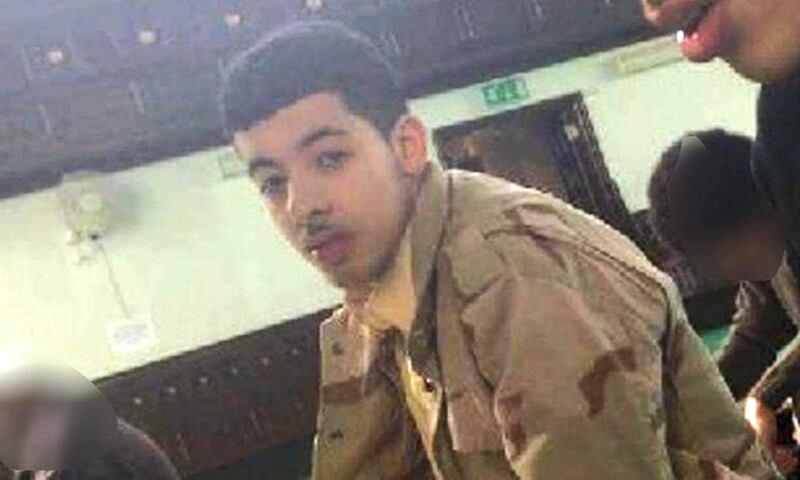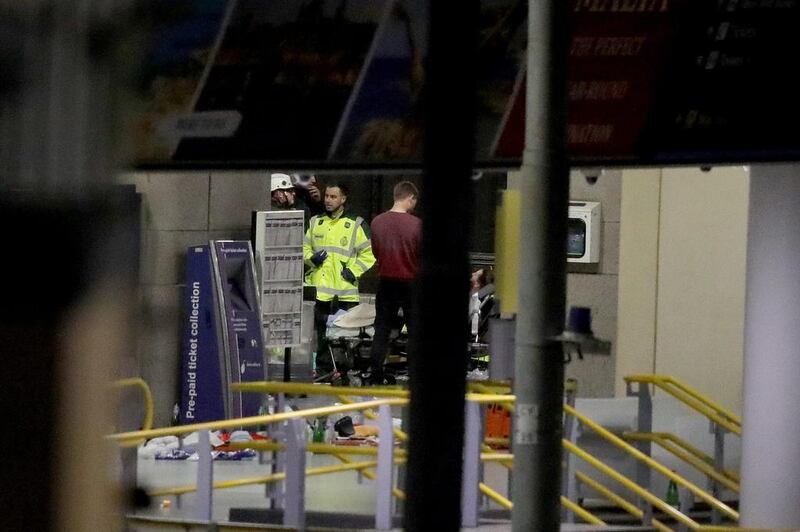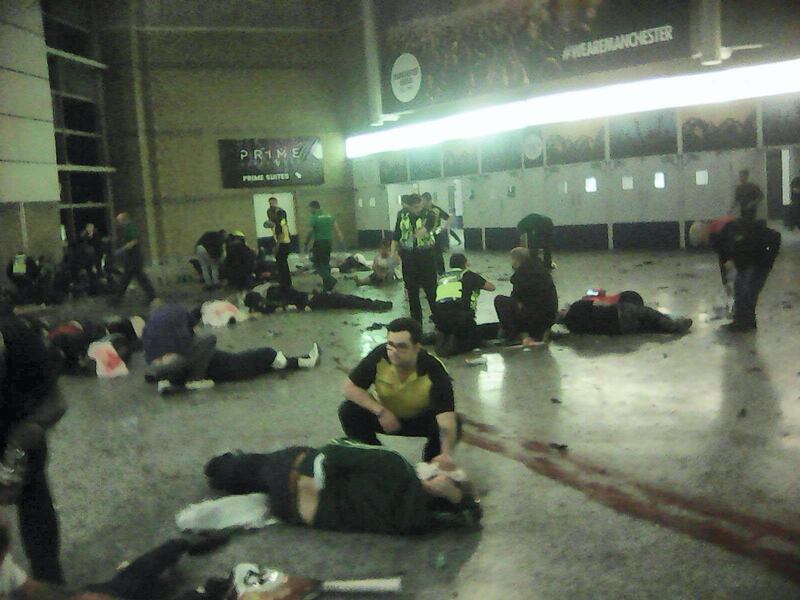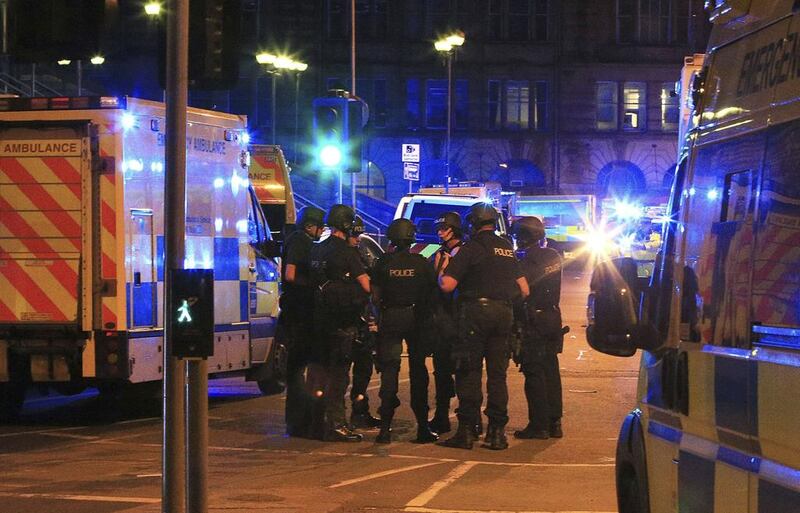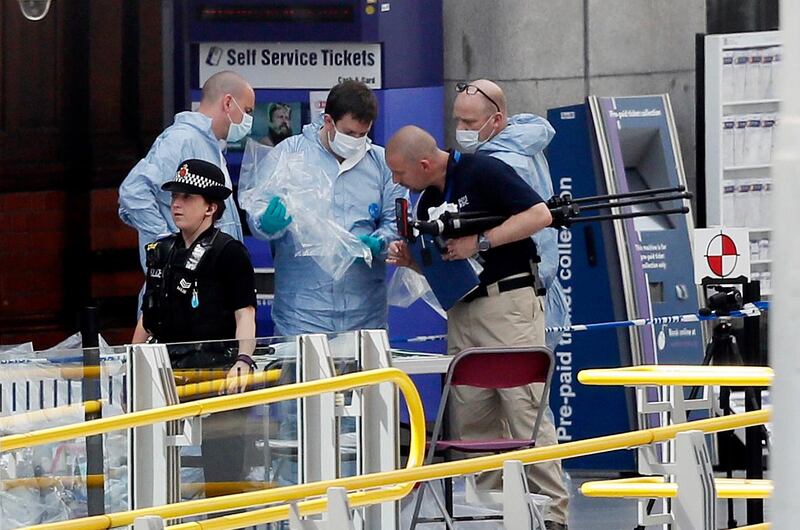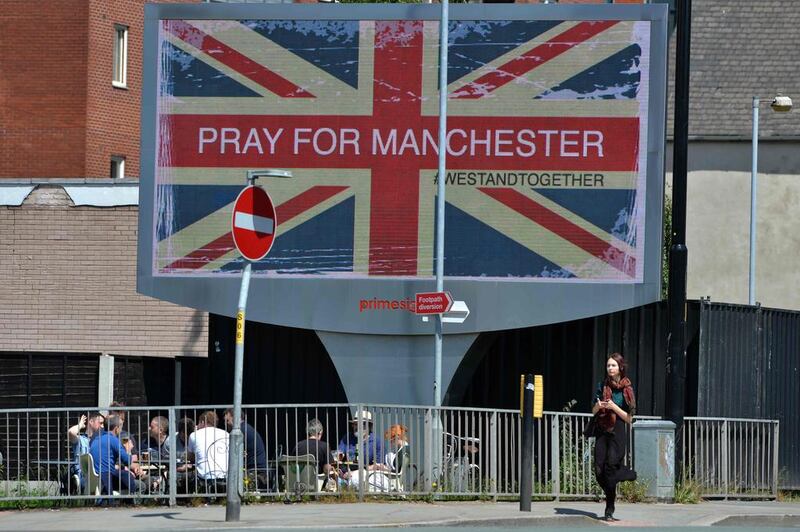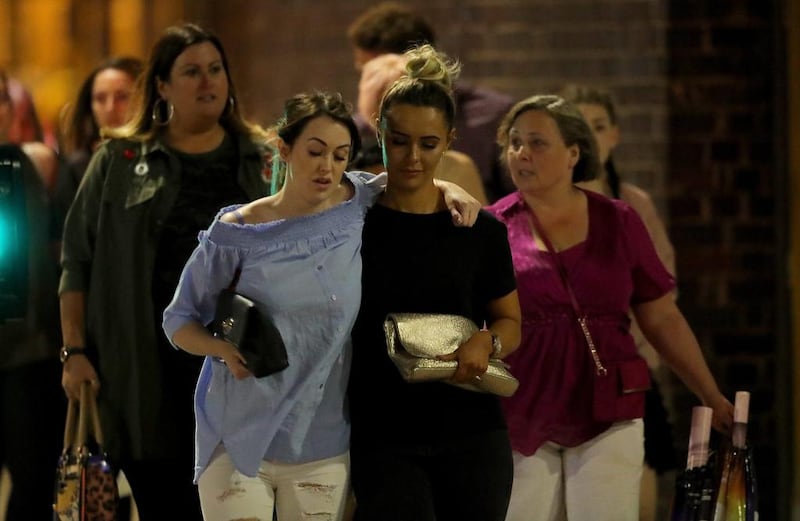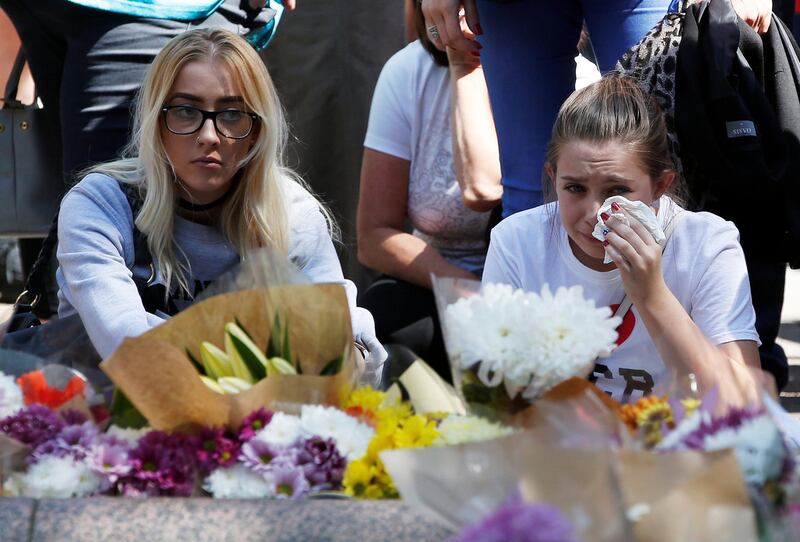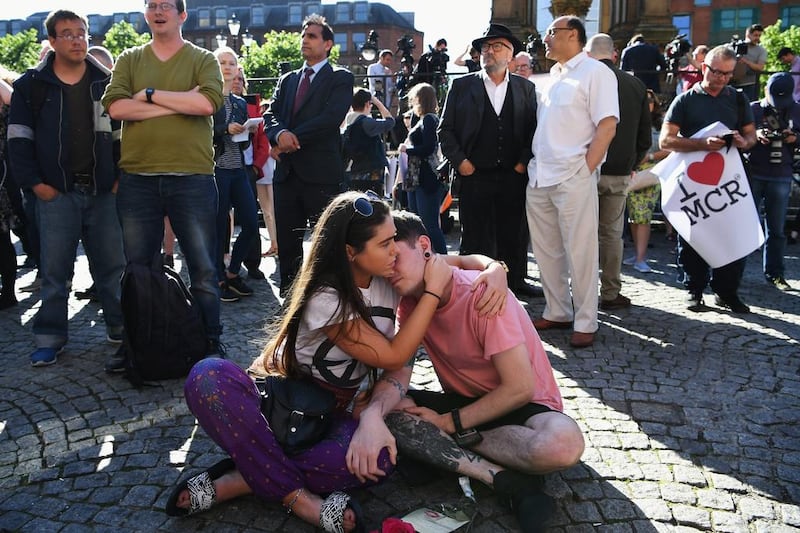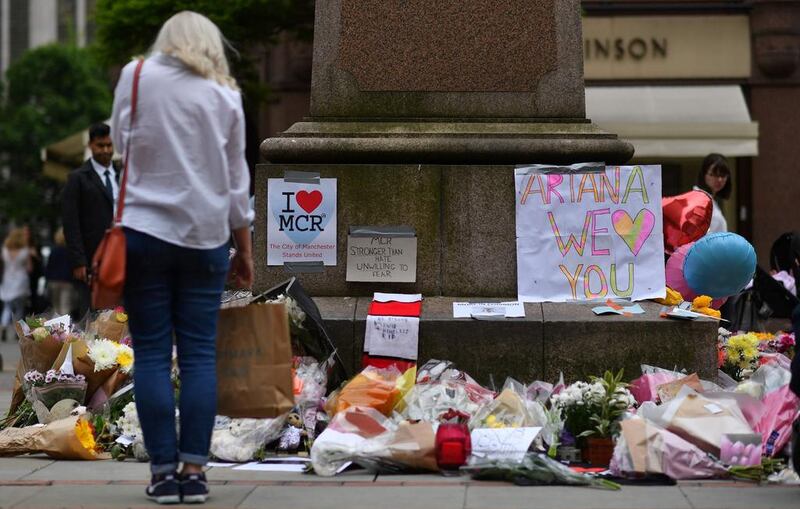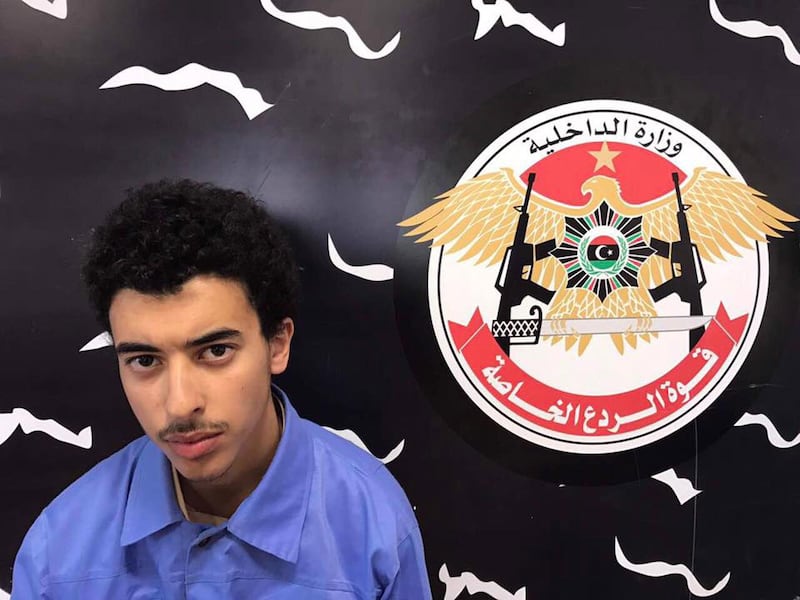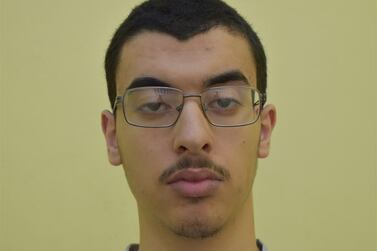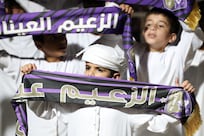The Manchester Arena bomber was reported to police minutes before he detonated his shrapnel-filled rucksack, killing 22 people at a pop concert three years ago, a public inquiry heard on Monday.
A witness became suspicious after seeing Salman Abedi pray while wearing a large backpack.
The witness spoke to an officer less than an hour before the blast at the end of a show by US pop star Ariana Grande, the opening of the inquiry in Manchester was told.
The officer did not recall the conversation.
Abedi set off his device on May 22, 2017, in a waiting area at the Arena where parents were arriving to collect their children after the show.
The inquiry has heard that the arena is one of the largest entertainment venues in Europe and can hold a maximum of 21,000 people.
The inquiry is to assess if there were opportunities that could have prevented the terrorist attack.
Experts have concluded that there were “missed opportunities” to identify Abedi as a threat and take action to try to stop him, the inquiry heard.
“If the presence of a potential suicide bomber had been reported, it is very likely that mitigating actions would've been taken that could have reduced the impact of the attack,” said Paul Greaney, counsel to the inquiry.
Witnesses recall chaos after bomb blast at Ariana Grande concert
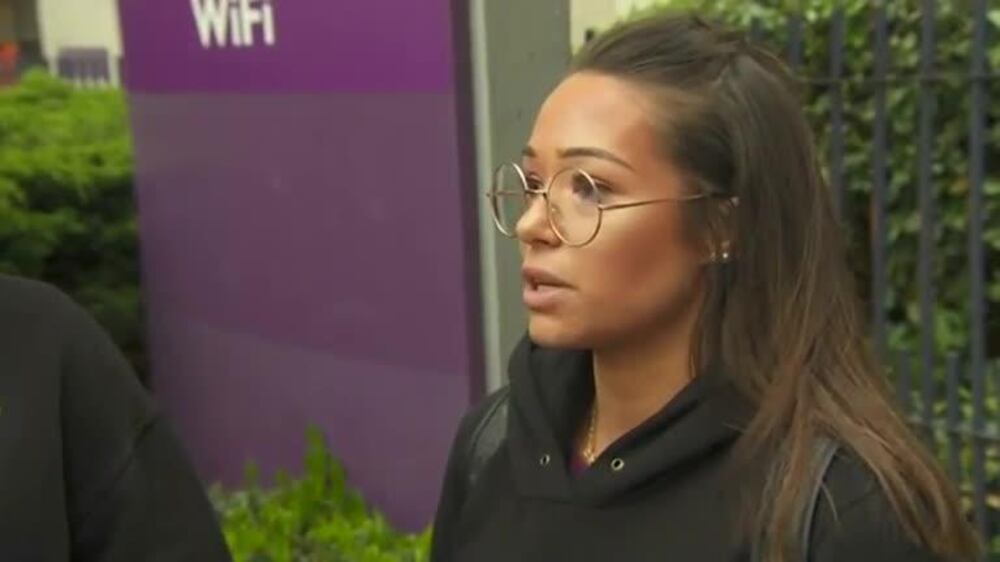
The inquiry will also try to establish who radicalised Abedi, 22, before the attack.
His brother Hashem was jailed last month for at least 55 years for his role in plotting and preparing the atrocity before leaving for Libya.
The inquiry was delayed until the conclusion of the long-awaited trial of Hashem Abedi, who was returned from Libya to face justice. It is expected to continue until spring 2021.
Chaired by retired judge John Saunders, the inquiry started with a minute’s silence for the victims of the attack, the youngest of whom was aged 8.
In his opening comments to the inquiry, Mr Saunders said it would in part focus on the motives of Salman Abedi.
The aim was to “get a picture of who he was, how he was radicalised and, if we can, who radicalised him”, he said.
Salman Abedi was known to the security services and counter-terrorism officials before the attack.
But Mr Saunders said: “We are not looking for scapegoats, we are searching for the truth.”
Mr Greaney said on Monday that work was continuing on establishing the background and radicalisation of Salman Abedi.
The brothers, born in Manchester, were inspired by an ISIS-linked group of extremists and used an email address featuring a slogan chosen by a Syrian-based armed group, Hashem Abedi's trial was told.
Manchester Arena bomb plotter jailed for at least 55 years
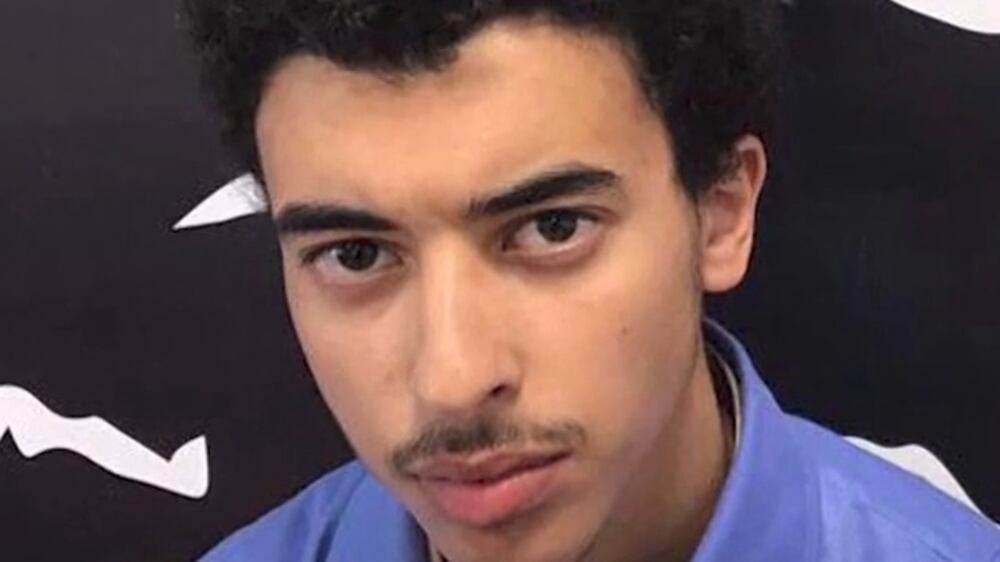
A limited amount of phone and communications data was available to investigators, which meant it was impossible to trace key figures behind their radicalisation.
The brothers travelled to Libya to join the uprising against former dictator Muammar Qaddafi.
Decades earlier, their father was a member of the Libyan Islamic Fighting Group, which was proscribed by the British government as a terrorist group until last year.
The detective in charge of the investigation into Hashem Abedi said it was reasonable to assume the two had contacts in Libya who influenced them.
The inquiry is being heard in public and streamed online, but some evidence will be given behind closed doors for national security reasons.
